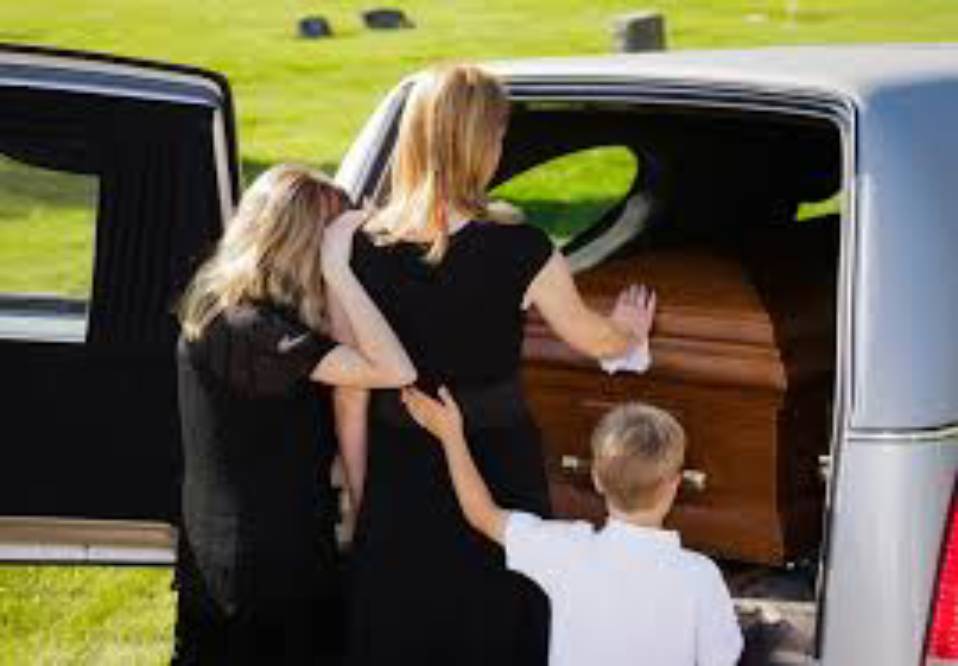
One of the unfortunate realities of using cars as a mode of transportation is the fact that some people involved in motor vehicle collisions will die. Fatality car accidents occur every day all over the world. In 2018, Canada recorded 1743 deaths as a direct result of motor vehicle collisions. Alberta recorded 290 deaths in 2017.
Many community members in Alberta are not aware of some of the rights that exist and are available if they find themselves in this very sad and unfortunate state of losing a loved one in a motor vehicle accident.
Losing a family member or a loved one in a motor vehicle accident is one of the most traumatic events that can occur and the grieving process for the family members can be extremely exhausting and difficult to the point that most will not have the energy or motivation to look into what they can do to receive financial assistance to aide them through the grieving process.
Many family members can not even begin to afford the costs associated with seeing their deceased loved one laid to rest properly. This is especially frustrating if the deceased loved one is not at fault.
The death of a loved one does not eliminate any legal claims that the deceased would have had and in fact may provide the surviving family member with some legal avenues to pursue.
The intention of this blog is for educational purposes only. This article will explore some legal options available to the surviving family that can be of some financial assistance in the aftermath of a loved one’s death.
Fatal Accidents Act
If you lose a sibling, spouse or partner, child, or parent in a car accident you might be entitled to some compensation.
In Alberta, the Fatal Accidents Act allows families to pursue a claim if they lost a family member due to the negligence of another driver. You can be compensated according to the following categories:
- Compensation for taking care of your family member between injury and passing
- Costs spent visiting the deceased including accommodation and travel expenses
- Funeral expenses
- Grief counseling
To claim for any of these categories, the deceased must have had an existing claim for damages had they survived the accident. In other words, there must be some injury and person who you can hold responsible. A good example is another driver, who the deceased would have held responsible for their injuries in life. It works the same way for your claim. But for the negligence of another driver, you would not have had to endure such a difficult grieving process. In law, you are entitled to be compensated for this loss and the grieving process that goes along with it.
The Survival of Actions Act
Recovery after a loved one has passed is not limited to claims under the Fatal Accidents Act. In Alberta, a statute called the Survival of Actions Act is also important to know about as it allows for an estate to make a claim for compensation as well. An estate can be thought of in law as a legal personality which endures after someone’s death and is represented by a living person in the court system, a litigation representative. The requirements for this statute are the same as the Fatal Accidents Act, in that the deceased must have a claim that could have been pursued in life. A claim made through an estate can recover damages for:
- Pain and suffering
- Punitive damages
- Future damages, including future earning capacity
It is important to know your rights when a family member passes in a car accident. Though the law cannot help with the emotional burden of a tragic loss, it can at least help mediate some of the financial stresses.
We wish every one on the roads and in vehicles the safest travels and hope that with time that all fatalities disappear and eventually record zero incidents.

